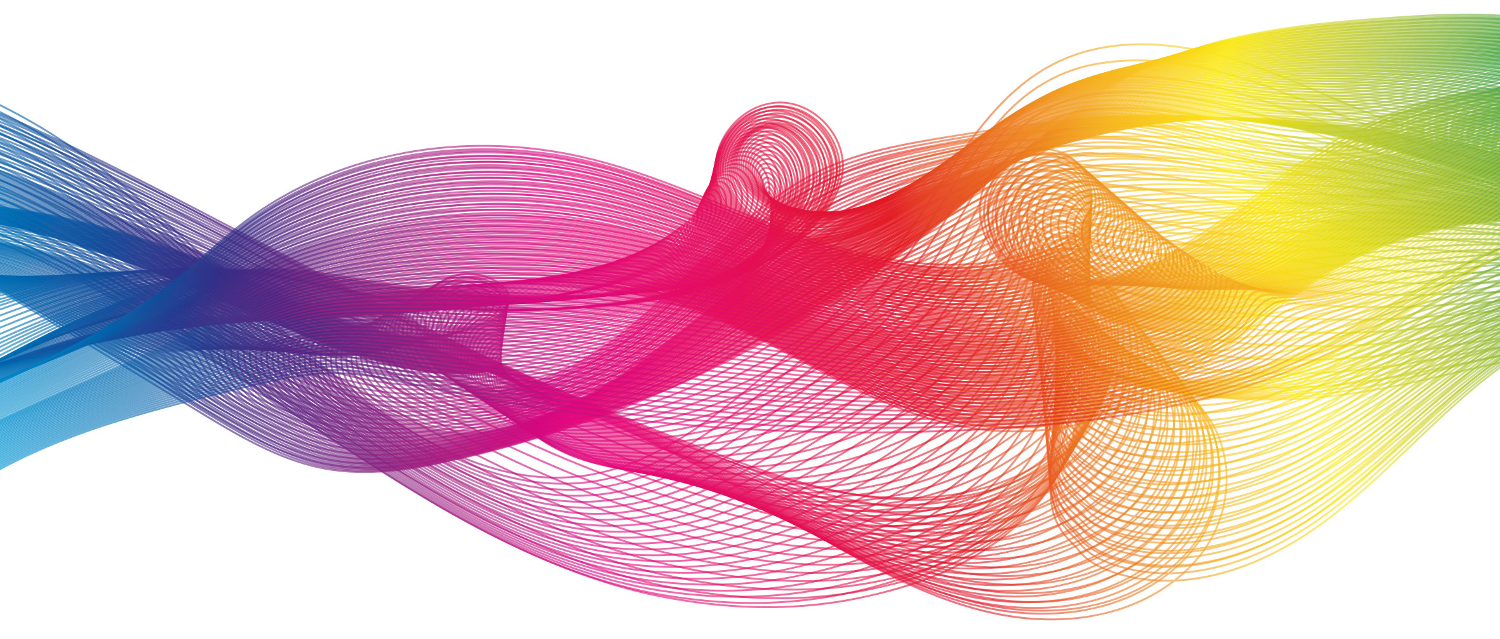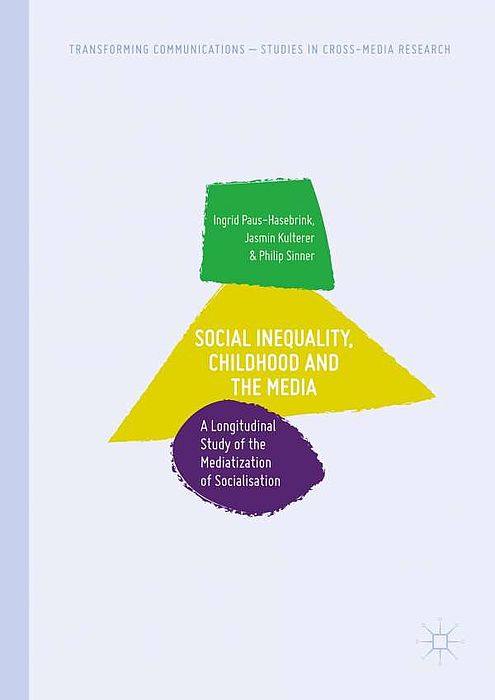KoFi members Prof. Dr. Andreas Hepp and Prof. Dr. Wiebke Loosen publish paper on pioneer journalism in the journal Journalism.
Andreas Hepp and Wiebke Loosen of the research network Communicative Figurations published a paper titled „Pioneer journalism: Conceptualizing the role of pioneer journalists and pioneer communities in the organizational re-figuration of journalism“ in the current edition of the journal Journalism. Goal of the paper is to present the concept of ‘pioneer journalism’ as a new form of organization and experimental practice to redefine the field of journalism in times of deep mediatization. In doing so they look at five extreme cases of pioneer journalists through explorative interview analysis.
Further insights in the presented concept is also the goal of the new DFG funded project “Pioneer Journalism: The re-figuration of journalism’s organizational foundations” by Wiebke Loosen, Andreas Hepp and Leif Kramp.
The full paper is published in open access and can be read here.
KoFi member Prof. Dr. Andreas Hepp presents approach for research on media repertoires and media ensembles at “Vire methods workshop” in lugano.
Prof. Dr. Andreas Hepp, member of the KoFi research network, presented an approach for research on media repertoires and media ensembles at the “ViRe Methods Workshop” in Lugano last friday. The associated software tools MeSort and MeTag are part of the DFG funded project “The sustainable provision of software for cross-media practices and digital traces research”.
The conference program can be downloaded from here.
A new working paper by Sarah C. Bishop (Visiting Research Fellow at ZeMKI, University of Bremen) has been published in the “Communicative Figurations” working paper series in German language.
The article is entitled “Kreatives Abschrecken: Ein Ländervergleich staatlicher Medienkampagnen zur Abschreckung Asylsuchender” and can be downloaded here. Sarah C. Bishop is an Assistant Professor at Baruch College, City University of New York. In fall 2017, she was a ZeMKI Visiting Research Fellow at the University of Bremen.
Further Communicative Figurations Working Papers can be accessed here.
A new working paper by Payal Arora (Visiting Research Fellow at ZeMKI, University of Bremen) has been published in the “Communicative Figurations” working paper series.
The article is entitled “Benign dataveillance – the new kind of democracy? Examining the emerging datafied governance systems in India and China” and can be downloaded here. Payal Arora is an Associate Professor at Erasmus University Rotterdam and Founder and Executive Director of Catalyst Lab, a center that ignites relations between academia, business and the public on matters of social concern. In 2018, she was a ZeMKI Visiting Research Fellow at the University of Bremen.
Further Communicative Figurations Working Papers can be accessed here.
Under the (translated) headline “Eager to try out new things: How pioneers are shaping the future of journalism”, an interview (only available in German) with KoFi member Wiebke Loosen was published in JOURNAL 6/18 of the DJV NRW.
In the German language Interview, that you can read here, Loosen talks about the contribution of pioneer journalists to future developments in journalism, where to find them and how the occupational profile of journalists is changing over time.
Currently Wiebke Loosen is one of the principle investigators of the DFG-funded project “Pioneer Journalism: The re-figuration of journalism’s organizational foundations” that investigates ‘pioneer journalism’ as a principal force in the re-figuration of journalism and its organizational foundations.

